In a startling appeal that is already sending ripples through opposition ranks, Kapseret MP Oscar Sudi has publicly challenged the Nyanza region to remain allied with the national government, insinuating that departing would carry grave political costs. His remarks signal the heightening stakes in Kenya’s party realignments ahead of 2027.
Speaking before a crowd of supporters in Kisumu County, Sudi delivered a pointed message: he cautioned Nyanza leaders against abandoning government partnerships, saying that doing so would risk marginalization in development, influence, and policy decisions.
“We welcome all voices that question, critique, or demand better,” he declared. “But walking away from engagement is walking into political isolation.”
The Context: Nyanza, ODM, and the 2027 Chessboard
Nyanza—historically a stronghold of opposition politics—has lately made subtle shifts. Local leaders in the region have floated collaboration with national government initiatives, prompting concerns within opposition circles about weakening the united front against the ruling party.
Sudi’s challenge appears timed: with 2027 on the horizon, alliances are being renegotiated. By directly addressing Nyanza, he is attempting to secure loyalty and forestall defections or distancing of the region from government circles.
Implicit Threats, Explicit Stakes
While Sudi framed his remarks as a call to cooperation, the undertone was clear: regions that sever ties with the government risk losing access to national projects, budgets, and influence over policy direction. In effect, political alignment here is not framed as optional—it is suggested as existential.
His appeal is not limited to rhetoric. He invoked past instances where opposition regions experienced delays in project implementation or funding allocations during times when they were not aligned to government power. Through this lens, Sudi’s message reinforces a transactional logic: loyalty equals delivery, dissent equals deprivation.
Reaction and Potential Backlash
- Opposition parties and leaders in Nyanza are expected to push back. Many may argue that regional self-interest, accountability, and independent voice are not compatible with unconditional loyalty to executive power.
- Civil society voice will be crucial. Activists may frame Sudi’s remarks as intimidation, a threat to pluralism, or a dangerous step toward regional silencing.
- Local leaders could be forced to clarify alignments—or risk being portrayed as opponents of regional interests.

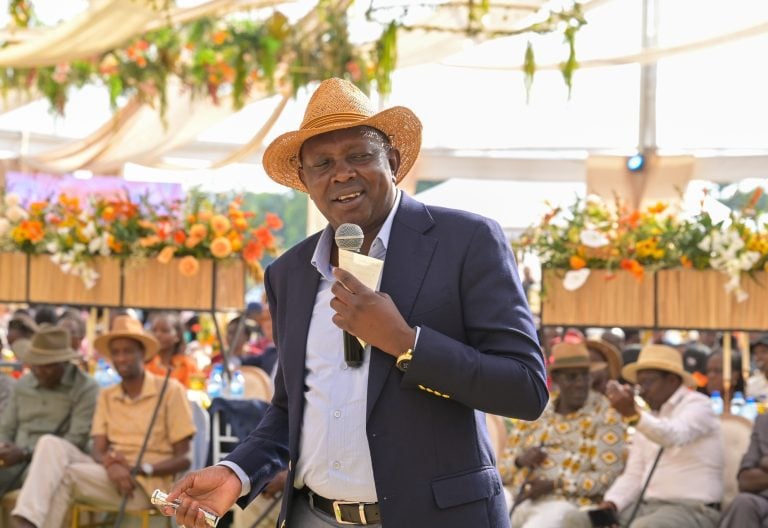



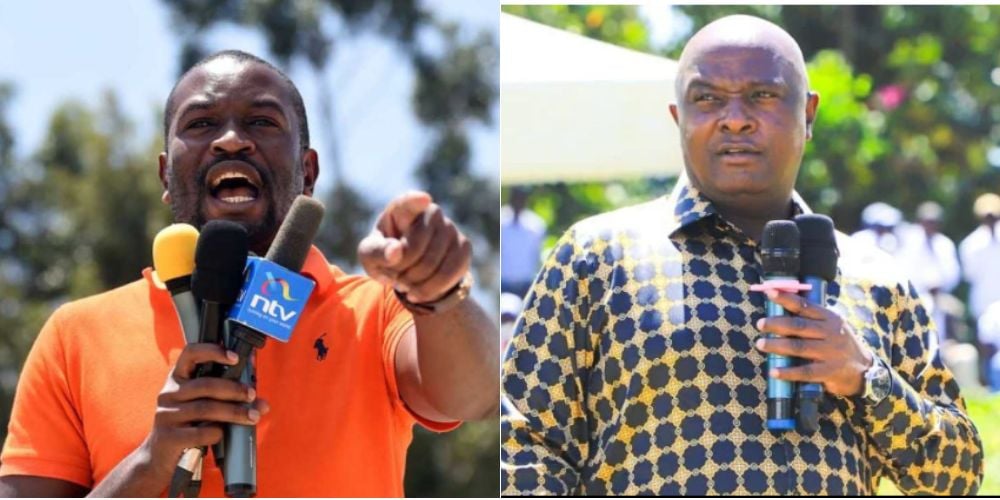
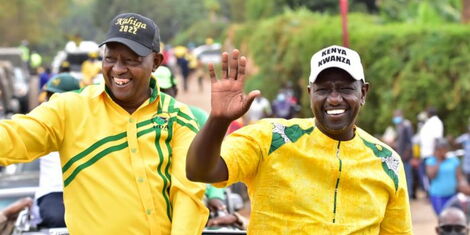
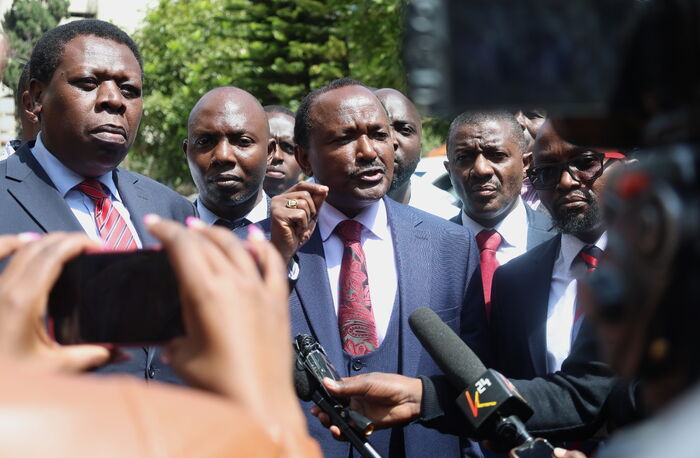
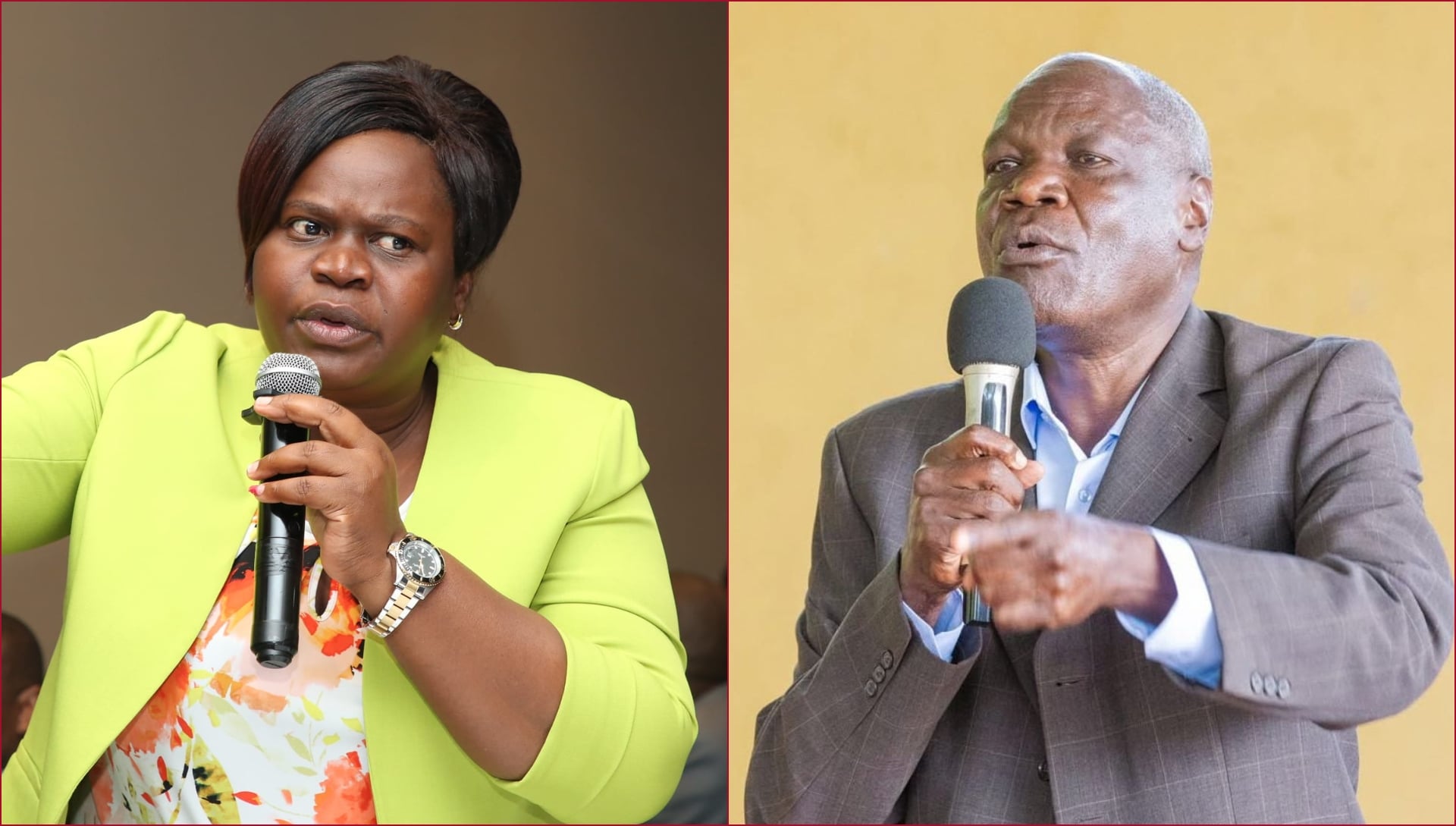
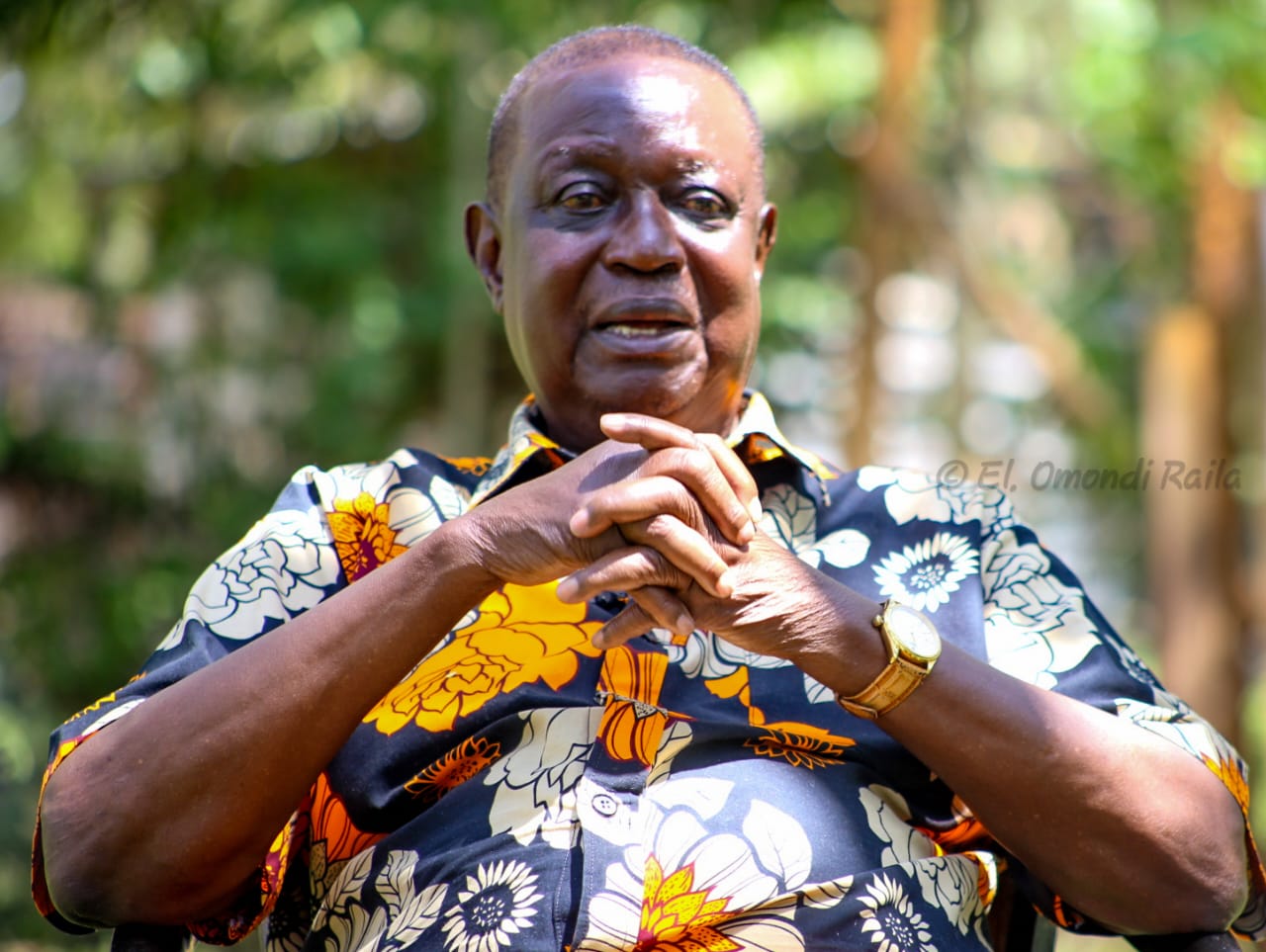
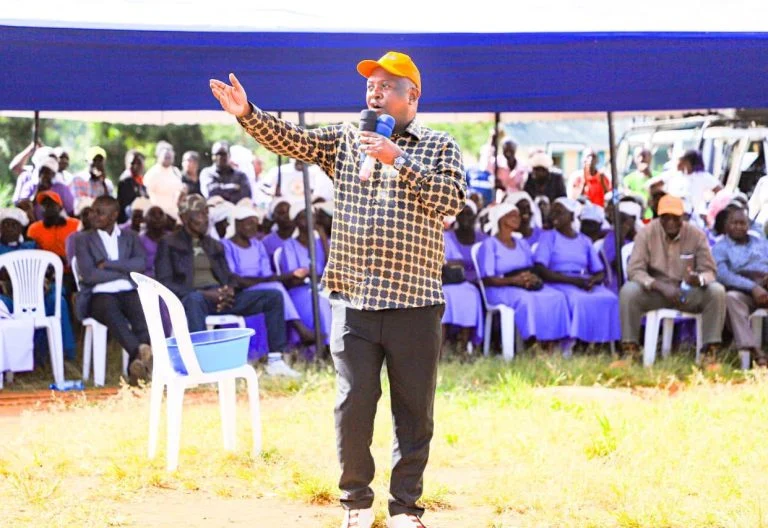


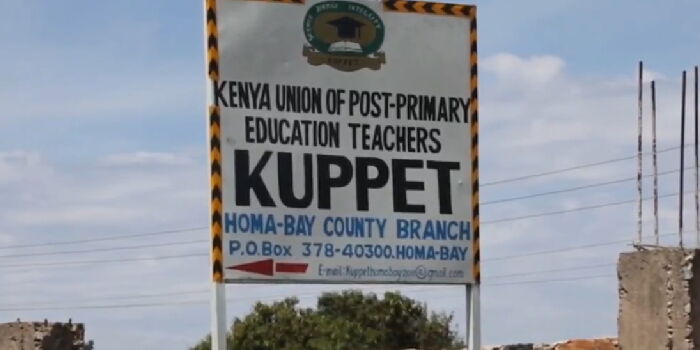
Leave a Reply